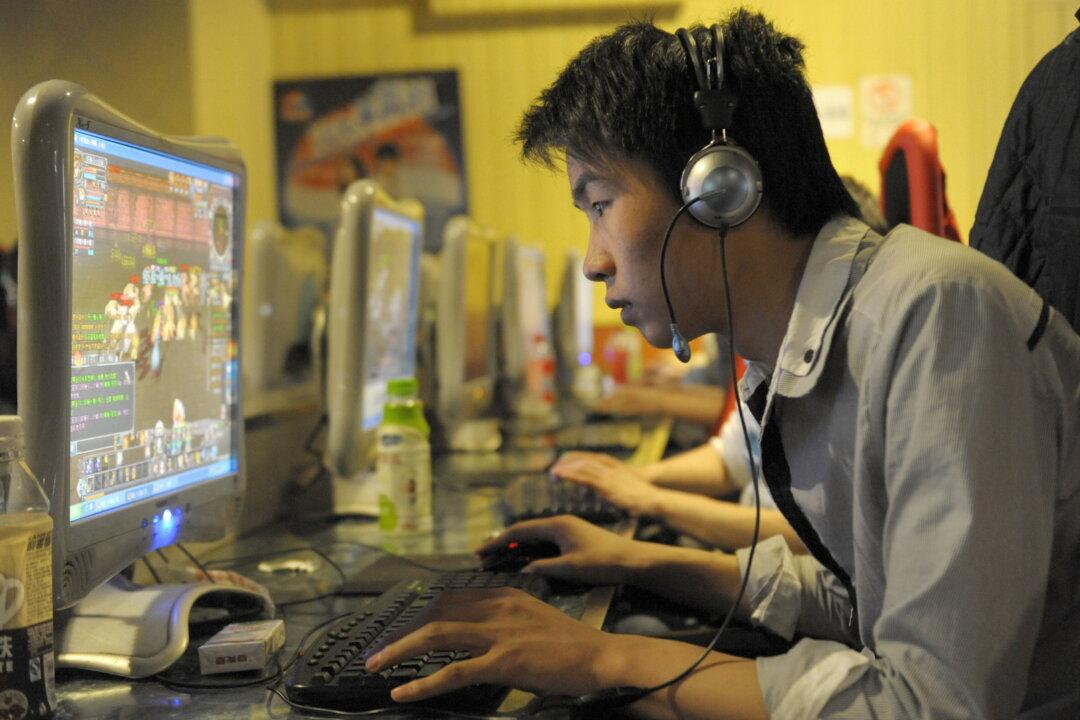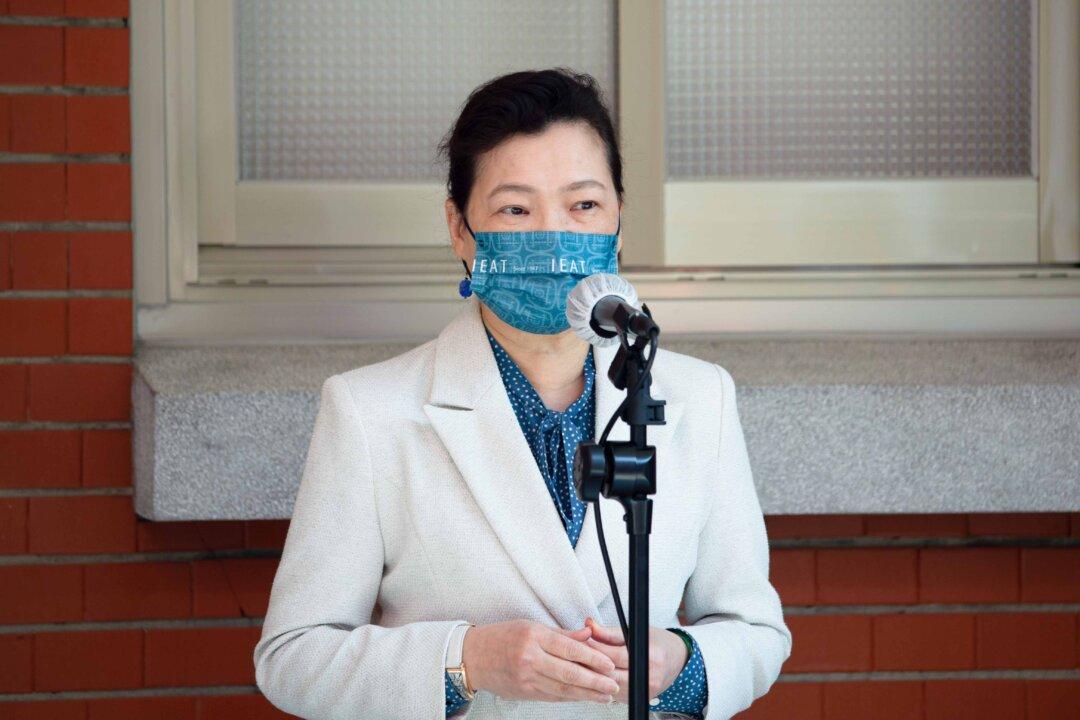In Taiwan, many of the best-selling mobile games are developed by Chinese gaming companies. One expert says this phenomenon is significant because the Chinese gaming industry is backed by the Chinese Communist Party (CCP). These CCP-backed games provide a platform for censorship in China and also indirectly exports the CCP’s political agenda, the expert said.
The Chinese regime considers Taiwan part of its territory, despite the self-ruled island having its own democratically-elected government, military, and currency. Thus, the CCP has infiltrated and influenced Taiwanese society in an effort to persuade citizens to accept “unification” with the mainland.

